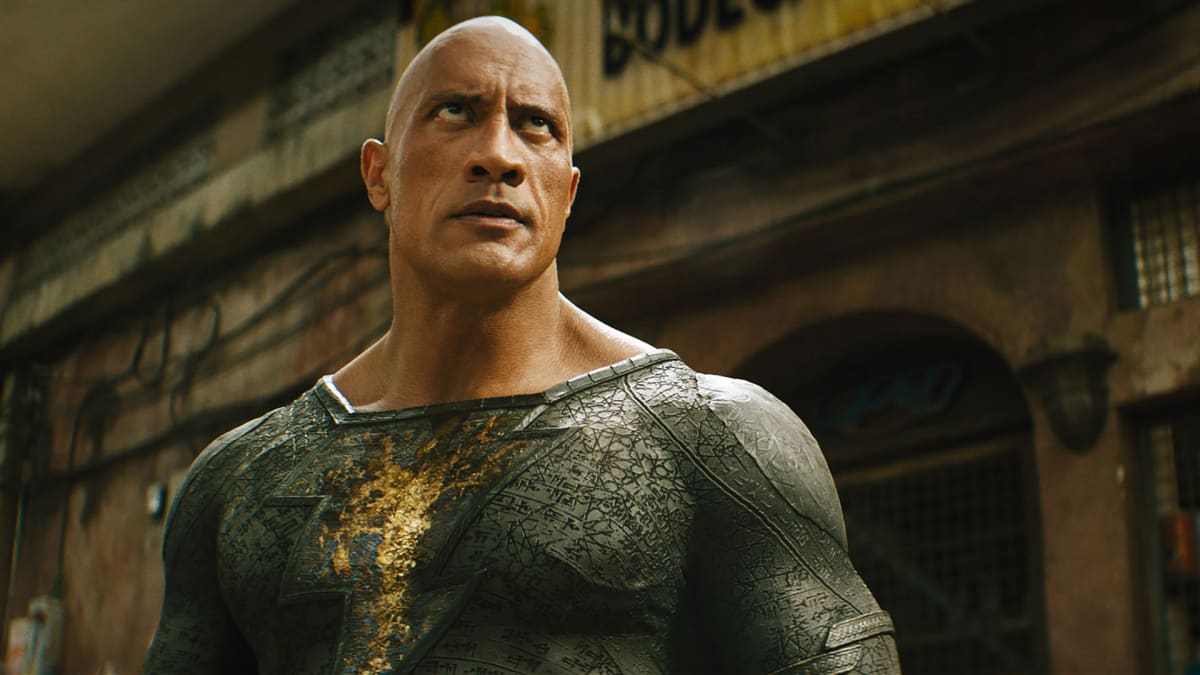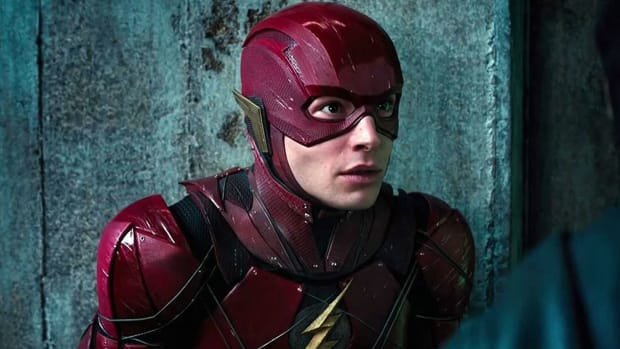
This month sees the release of “Black Adam," the latest film in the ongoing DC Extended Universe of films. While the film was first viewed when it was announced as a bit of a vanity project by one of the few remaining movie stars, it now seems like the future of a still valuable, if wobbly, universe of intellectual property might now rest squarely on the sturdy shoulders of Dwayne “The Rock” Johnson.
And the fact that it’s come to this just shows how poorly handled this universe has been since the start. Where to begin?
After the success of Walt Disney Co.’s (DIS) interconnected Marvel Cinematic Universe, which went on to basically conquer all of popular culture, Warner Bros. had no choice but to try to compete; and since they own some of the most popular superheroes ever created, success seemed all but assured. What could go wrong?
More than you might have expected.
Warner Bros. Has Long Had a DC Problem
The post-merger company now known as Warner Bros. Discovery (WBD) kicked off its cinematic universe with the 2013 film “Man of Steel,” which updated Superman (arguably the character most synonymous with the term “superhero”) for a new era.
Director Zack Snyder proved to be a polarizing choice, with his many ardent supporters appreciating that he attempted to make Superman feel like an epic, mythical figure, and never once winked at the audience. Snyder’s detractors, who are not small in number, found the film to be pretentious, overly self-serious and gratuitously violent and macho.
These criticisms were only heightened for the 2016 follow-up, the laboriously titled “Batman v Superman: Dawn of Justice,” which was criticized for, well, a lot of things, including narrative incoherence, mischaracterization (Batman kills people without hesitation, which is not how he’s portrayed in the comics), letting Jesse Eisenberg’s Lex Luther chew all the scenery, and generally just being kind of glum.
Though again, Snyder has his defenders, who insist the movie makes more sense if you watch the three-hour director’s cut. (To be fair, this is true, but it still doesn’t give Amy Adams enough to do, nor does it fix the goofy ending.)
Either way, that film earned less than Warner Bros. had expected, and Joss Whedon, the now disgraced geek god, was brought in to punch up Justice League and make it a lot quippier and fun, and ended up taking over the project after Snyder departed due to a family emergency. 2017’s “Justice League,” was savaged by critics for being a strange, tonalities-off mismatch of the directors sensibilities, and didn’t do anywhere near the level of Marvel’s superteam “The Avengers.”
When reports later surfaced of Whedon’s allegedly abusive behavior toward the cast--abuse that cast member Ray Fisher alleges was tacticly allowed by now departed executive Walter Hamada--the embarrassment and the underperformance of the film essentially sent the DC Universe into a tailspin. And the whole bizarre and disturbing Ezra Miller situation, who is still set to star in “The Flash,” next year, just isn’t helping matters.

Warner Bros.
Can DC Finally get it Right? Or Should we Move on?
Even setting aside corporate optics nightmares, fans and off-the-record creatives have long complained there’s no real sense of a corporate direction, or a steady, guiding hand at the helm of the ship, a la Marvel’s overseer, Kevin Feige.
The DC Universe has produced films that fans and critics loved (“Wonder Woman,” “Birds of Prey”) and enjoyed well-enough (“Aquaman”), as well as films that pretty much no one liked (we’re all trying to forget “Suicide Squad”).
To DC’s credit, Hamada’s decision to allow stories to be told outside of the main DC continuity, such as “Joker,” for which Joaquin Phoenix won an Oscar in the titular role, and Matt Reeves’ recent film “The Batman” (which was well received at the time, and which many fans are starting to grow more fond of), has paid off both creatively and commercially, as has DC’s decision to let the various TV shows like “Doom Patrol” and the acclaimed “Harley Quinn” show just do their own thing. Though perhaps the less said about The CW’s seemingly doomed Arrowverse shows, the better.
But this everyone-just-do-whatever-who-cares approach has also led to the belief that Warner might just be giving up on the storytelling universe started by Snyder.
Would that be a bad thing, considering the DC films' mixed reputations, and the cultural black eye garnered by the actions of Whedon and Miller? Would it be better to just start over? Or is that unfair to performers like Gal Gadot, Margot Robbie, Ben Affleck and Jason Momoa, who all earned praise for their work, and could likely continue to do more with the characters, if allowed?
It’s been rumored that Miller’s Flash film was going to serve as a restart for this whole universe and a way to right the ship, but that now seems unlikely to happen.
At one time, it seemed that Warner Bros. Discovery would have had far too much invested in the DC Extended Universe to cut bait, but “The Batman” and “Joker” do make a strong argument for working from a clean slate, without being tied to past, uneven films.
But the comic books from which these films spring have existed for close to a century, and there’s a long history of fans feeling disgruntled with, say, one creative team’s take on Superman, only for a new writer and artist to come onboard to reinvigorate the character. That happens all the time. It's kind of what long-running superhero comics are built for.
Could that be the case for the films? And if so, is The Rock the man to save DC? Or is that a bit far-fetched, even for the world of comic book films?







